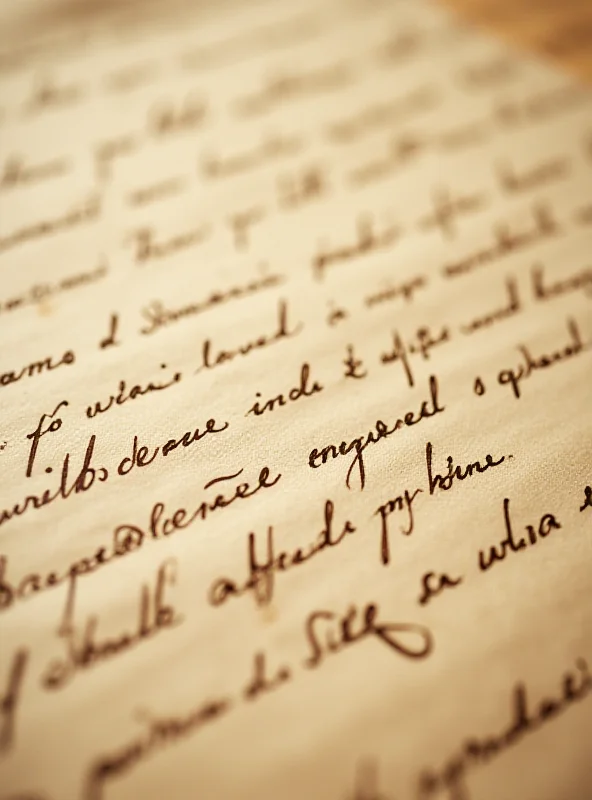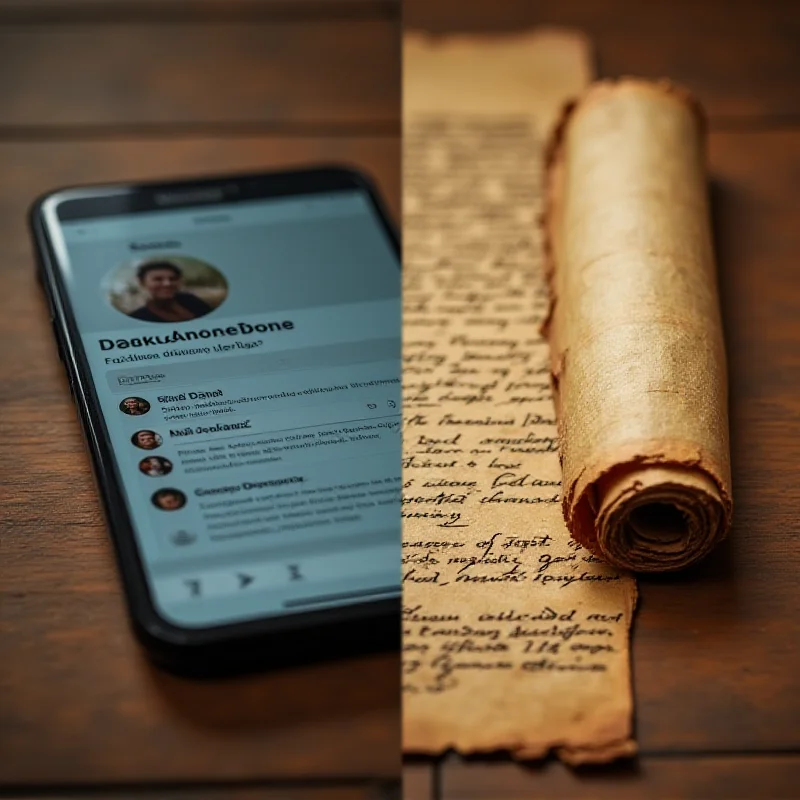Today, we bring you two stories, seemingly disparate, yet connected by the thread of human interaction and its potential pitfalls and surprising continuities. One tale speaks of modern deception in the digital age, the other of linguistic evolution in medieval Italy. Both, in their own way, offer a glimpse into the ever-changing landscape of how we connect – and disconnect – with one another.
Dating App Nightmare: A Close Call
Imagine swiping through a dating app, finding someone who seems perfect, only to discover it's all a carefully constructed lie. That's the chilling reality one woman faced, as recounted in an article from Il Fatto Quotidiano titled "Robbed and assaulted after a traumatic experience on a dating app. I didn't end up giving him money, we were so close: the victim's outpouring." This wasn't just a case of catfishing; it escalated into a terrifying ordeal.

The woman realized the profile was fake, but not before being lured into a dangerous situation. She was robbed and assaulted, narrowly avoiding being defrauded out of her money. Her story serves as a stark reminder of the risks lurking behind seemingly harmless online interactions. Always be vigilant, and trust your instincts. If something feels off, it probably is.
"It's a reminder that behind every profile, there's a person, and not all of them have good intentions."
Ancient Texting: Abbreviation in the 1300s
Fast forward several centuries, and we find a fascinating parallel in the evolution of language. The article "Sembra arabo e invece è pisano volgare: l’abbreviazione “da sms” in un documento del Trecento" (It seems Arabic but it is instead vulgar Pisan: the abbreviation "da sms" in a Trecento document) from Il Fatto Quotidiano unveils a surprising discovery: text message-style abbreviations in a 700-year-old commercial document from Pisa.
Who knew that the urge to communicate quickly and efficiently predates smartphones by centuries? This historical find challenges the assumption that abbreviated language is a modern phenomenon. It seems humans have always sought ways to streamline communication, even before the advent of digital technology.

The document, preserved in the Archive of Pisa, offers compelling evidence that the transformation of words for clearer and faster communication is a timeless human pursuit. Perhaps our modern obsession with brevity isn't so modern after all.
Lessons Learned
These two stories, though separated by time and circumstance, offer valuable insights. The dating app ordeal underscores the need for caution and awareness in the digital world. The ancient text discovery reminds us that human ingenuity and the drive for efficient communication are enduring traits. Whether navigating the complexities of online dating or deciphering medieval documents, understanding the nuances of human interaction remains paramount. 
In both cases, knowledge is power. Being aware of the potential for deception and understanding the historical context of communication can help us navigate the world, both online and offline, with greater confidence and understanding.
